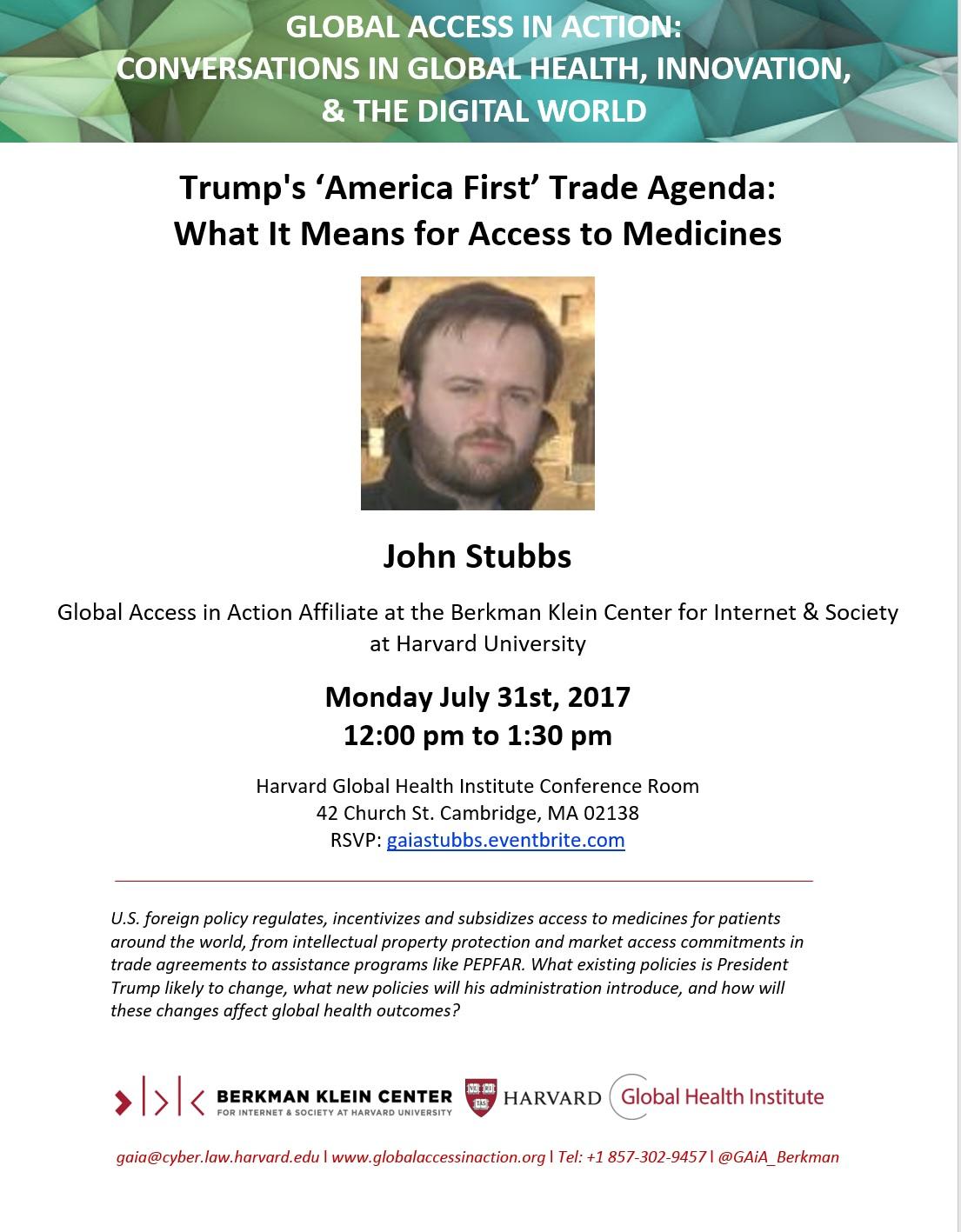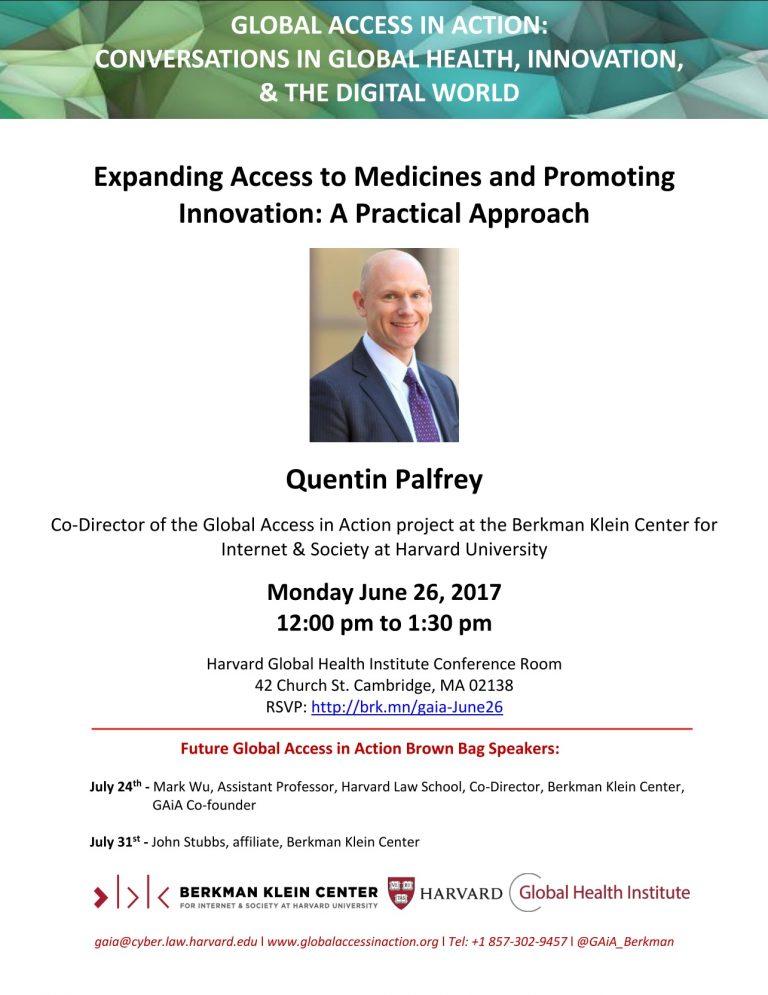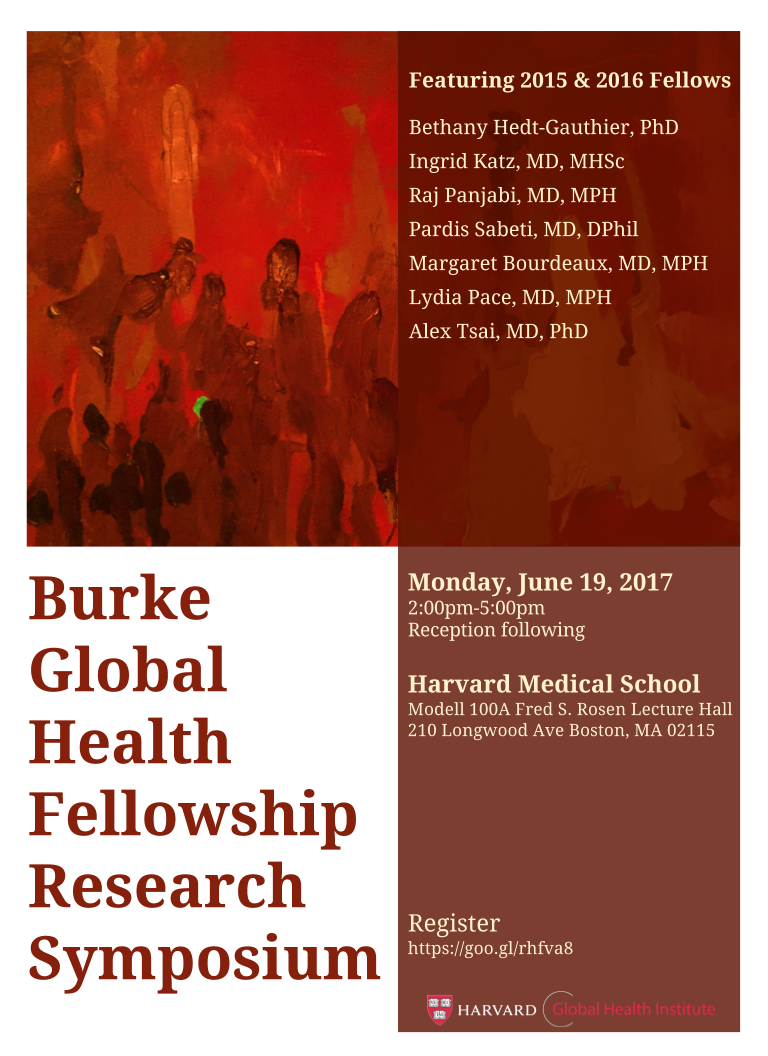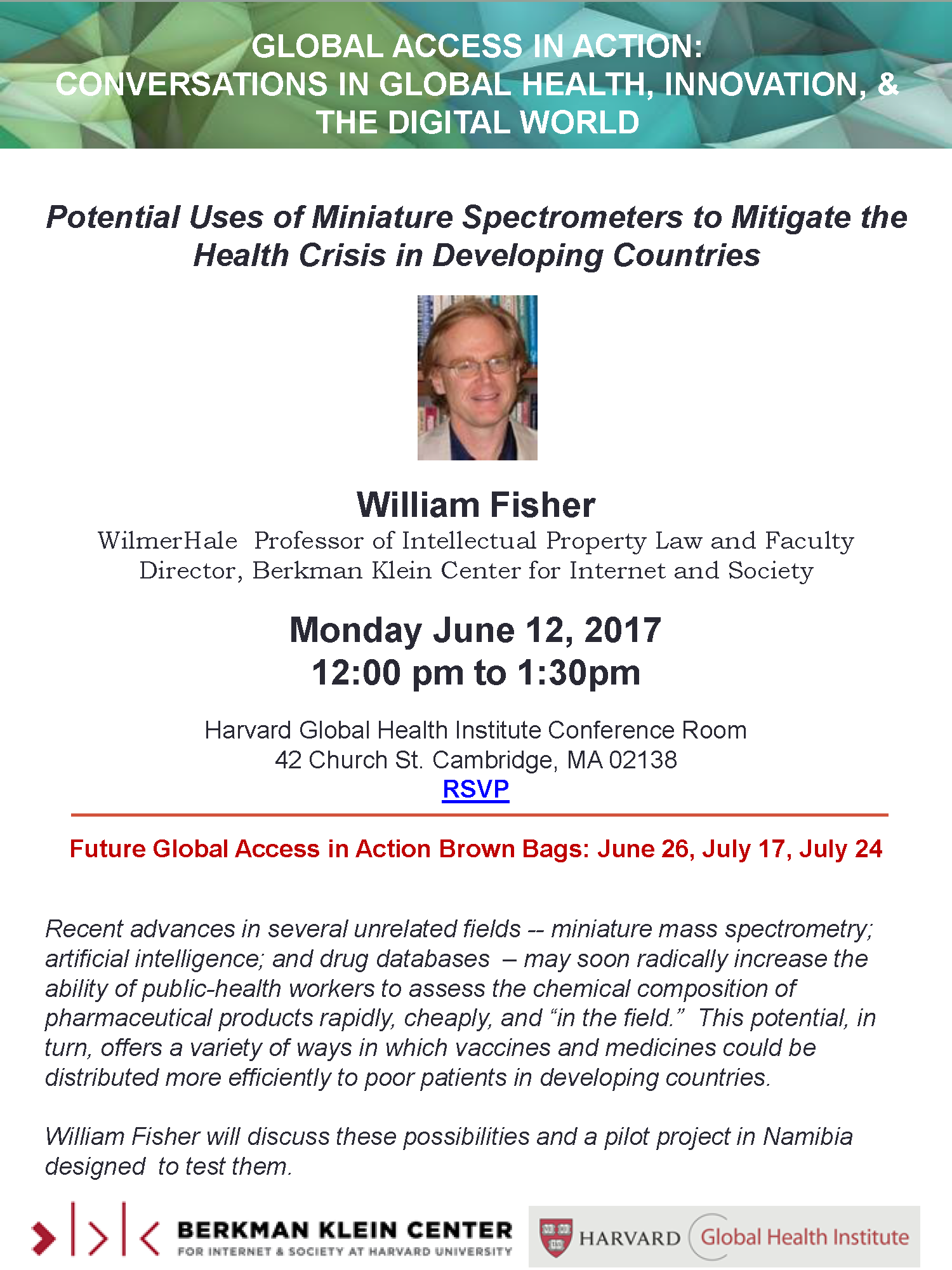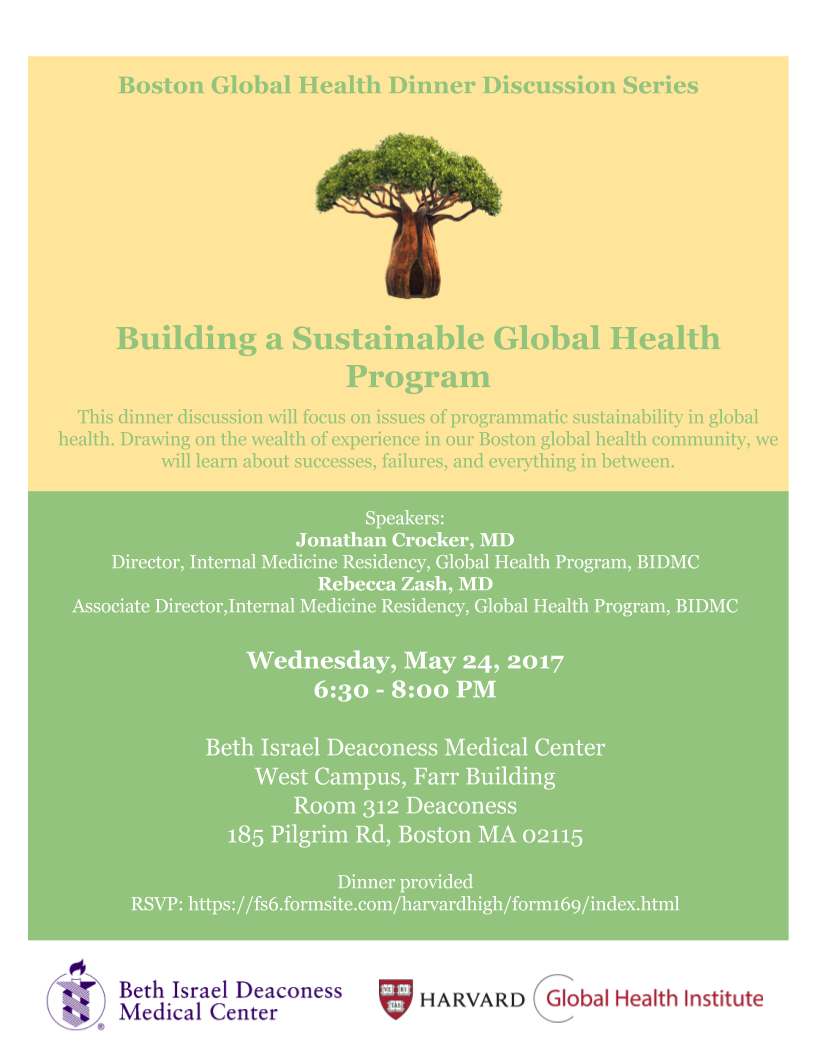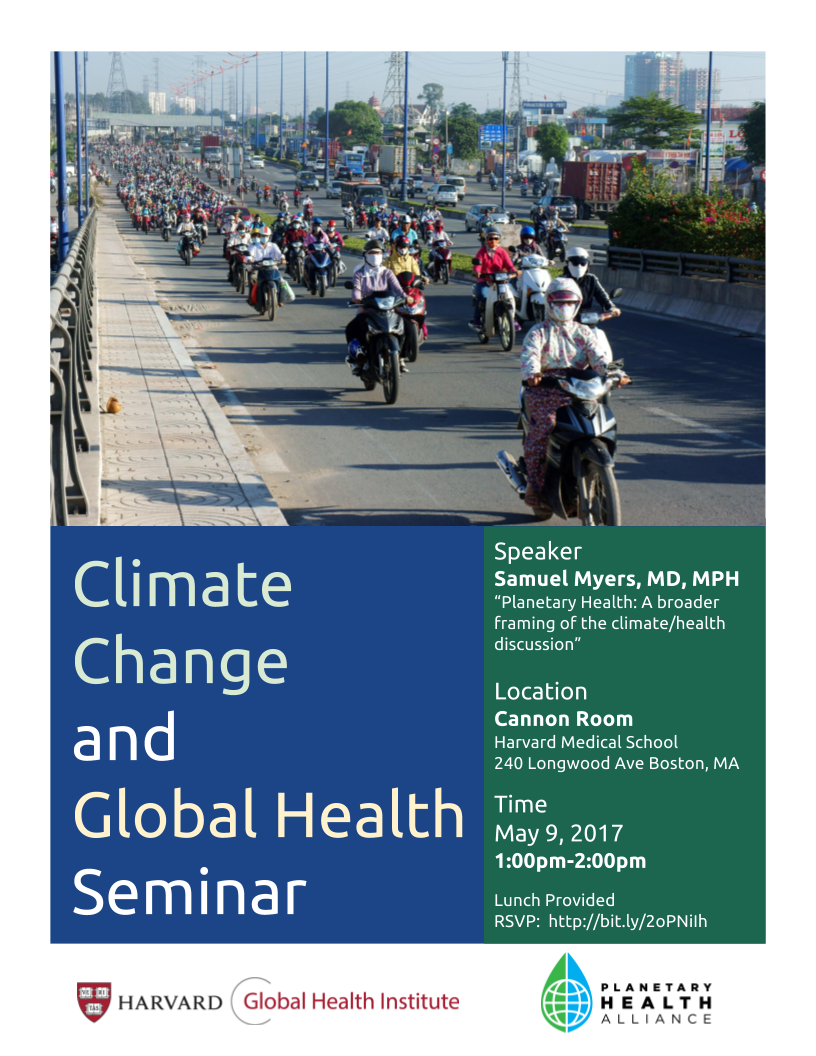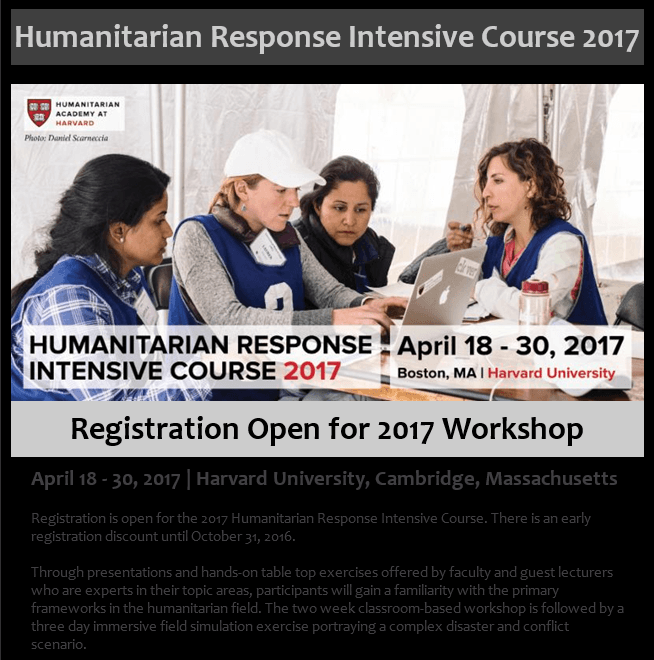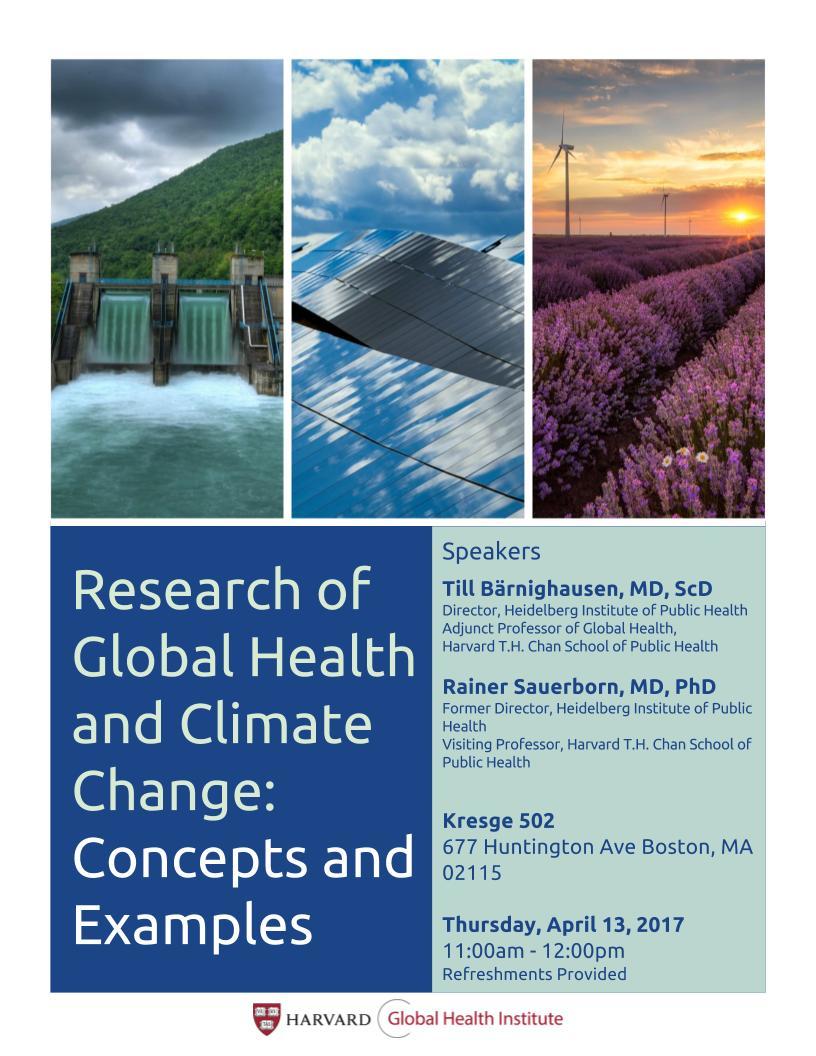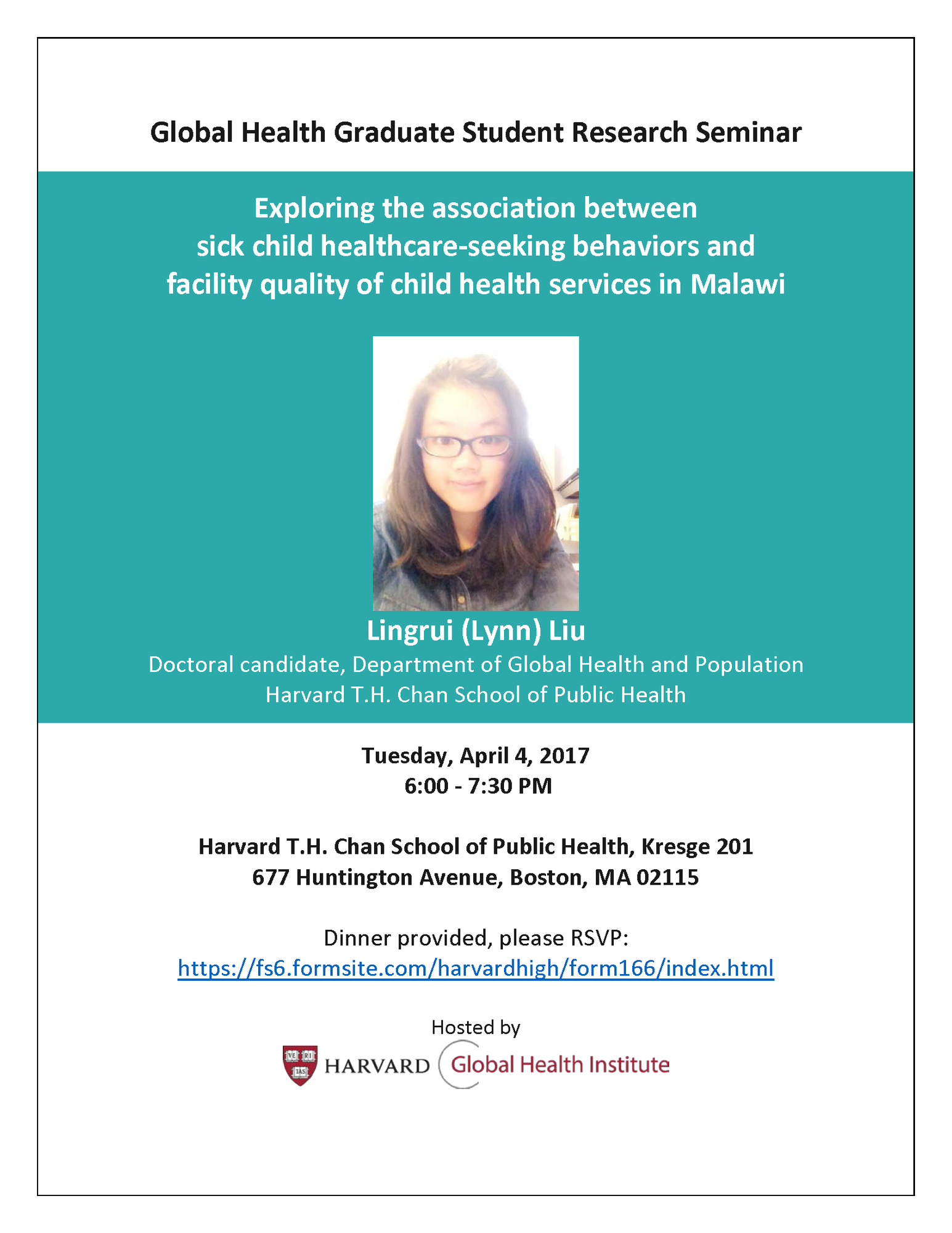Loading view.
health systems
health systems
health systems
health systems
health systems
health systems
Health Systems in Conflict Affected Areas
Research shows health systems and institutions often struggle to maintain functioning during periods of acute stress and suffer inadequate support for years to decades after the conclusion of a crisis. Join us as we consider new approaches to support health systems in these contexts.
fellowship
fellowship
Burke Global Health Fellowship Research Symposium
The Burke Global Health Fellowship provides funding for Harvard junior faculty to support innovative research, and curriculum development and teaching in global health. On June 19th Harvard Global Health Institute will be hosting a symposium hosting past Burke fellows presenting on their research: Bethany Hedt-Gauthier, PhD; Ingrid Katz, MD, MHSc; Raj Panjabi, MD, MPH; Pardis Sabeti, MD, DPhil; Margaret Bourdeaux, MD, MPH; Lydia Pace, MD, MPH; and Alex Tsai, MD, PhD.
health systems
health systems
Global Access in Action: Conversations in Global Health, Innovation, & the Digital World
Featuring HLS Professor William Fisher
Monday, June 12, 2016 at 12:00 pm
Harvard Global Health Institute
42 Church Street, Cambridge MA
Conference Room
RSVP required to attend in person
Join the live webcast here on June 12 at 12pm (please mute your microphone)
Global Access in Action: Conversations in Global Health, Innovation, & the Digital World
This event is being sponsored by the Harvard Global Health Institute and the Berkman Klein Center for Internet & Society at Harvard University.
Recent advances in several unrelated fields — miniature mass spectrometry; artificial intelligence; and drug databases – may soon radically increase the ability of public-health workers to assess the chemical composition of pharmaceutical products rapidly, cheaply, and “in the field.” This potential, in turn, offers a variety of ways in which vaccines and medicines could be distributed more efficiently to poor patients in developing countries.
William Fisher, Harvard Law School Professor of Intellectual Property Law and Faculty Director, Berkman Klein Center for Internet & Society, will discuss these possibilities and a pilot project in Namibia designed to test them.
health systems
health systems
BWH Harvard CME course: Understanding Global Healthcare Delivery
BWH Harvard CME course: Understanding Global Healthcare Delivery June 9-10, 2017
The Brigham and Women’s Hospital Division of Global Health Equity is offering for a CME course in Global Healthcare Delivery on June 9-10, 2017. CME credit will be granted through Harvard Medical School.
We are extremely enthusiastic about the content of the course which will bring together expert Global Health faculty from Brigham and Women’s Hospital and Harvard Medical School. Content will be taught by Paul Farmer, MD, PhD, Joe Rhatigan, MD, Joia Mukherjee, MD, MPH, Daniel Palazuelos, MD, MPH and Michelle Morse, MD, MPH and others.
The program is designed to give practicing clinicians an introduction to best practices in the provision of health services in low-resource settings globally. The course will discuss the biosocial determinants of health and disease and explore how programs that deliver healthcare in low-resource settings address these factors to improve the health of the communities they serve.
Topics covered in the program will include: the global burden of disease, HIV prevention and treatment, global tuberculosis control, non-communicable disease prevention and treatment, the role of community health workers in health service delivery, global health policy and human resource capacity building. The course will be taught through lectures and interactive case discussions that seek to provide participants with a rich understanding of the complexities of health care delivery in low-resource settings.
The program will include two days of course work and case discussions as well as a “meet the faculty” reception.
health systems
health systems
climate change
climate change
Climate Change and Global Health Seminar: Samuel Myers “Planetary Health: A broader framing of the climate/health discussion”
Our next seminar will take place on May 9th 1:00pm-2:00pm featuring Samuel Myers, MD, MPH, Director of Planetary Health, speaking on “Planetary Health: A broader framing of the climate/health discussion.” It will take place in the Cannon Room, at the Harvard Medical School, 240 Longwood Ave Boston, MA. Lunch will be provided.
special projects
special projects
Humanitarian Response Intensive Course
Overview
The Humanitarian Response Intensive Course is offered each year to professionals from around the world at Harvard University. Through presentations and hands on table top exercises offered by faculty and guest lecturers who are experts in their topic areas, participants will gain familiarity with the primary frameworks in the humanitarian field (human rights, livelihoods, Sphere standards, international humanitarian law) and will focus on practical issues that arise in the field, such as personal and team security, rapid assessments, application of minimum standards for food security, shelter, WaSH (water, sanitation and hygiene) and operational approaches to relations with the military in humanitarian settings. Throughout the class, students will participate in pre-assigned learning teams to complete in-class projects designed to compliment a humanitarian case study. At the conclusion of class, student teams will present an aid delivery proposal designed to meet the needs of the population portrayed in the humanitarian case study.
Classes will be held in English. To successfully participate in the course, we recommend that participants have at least a B2 English language level (CEFR).
Simulation
Participants will utilize knowledge of the humanitarian field gained in the classroom learning sessions during a three-day field simulation exercise. Attendees will spend two nights in the forest and participate in a complicated disaster and conflict scenario. During the simulation, participants will work in teams representing different humanitarian nongovernmental organizations and will engage with a wide range of local and non-state actors (roles developed and filled by faculty, course alumni, and affiliates) to create a service delivery plan.
The simulation will be held rain or shine.
Course Fees
Standard Registration Fee: $2600 USD ($2450 Early Registration rate available until October 31, 2016)
Medical Resident / Student Discounted Registration Fee: $2400 USD ($2250 Early Registration rate available until October 31, 2016)
climate change
climate change
health systems
health systems
2017 CUGH Satellite: Putting quality on the global health agenda
This symposium will provide a lecture followed by a panel discussion to explore the need to increase access to healthcare and simultaneously ensure that the care provided is of sufficiently high quality (i.e. care that is safe, effective, patient centered, timely, efficient, and equitable). Healthcare systems need to think beyond access and coverage of healthcare services, and start measuring and systematically improving quality of healthcare in LMICs. This session of leading international experts will discuss and debate the best approaches to measurement of health care quality; examples of quality improvement programs that have worked or failed, and lessons from such case studies; quality of care in private versus public sectors; use of quality dashboards, audits and tools, and their likely impact on quality; and understanding an overcoming the persuasive know-do gap (i.e. gap between what healthcare providers know and what they actually do in practice). Speakers will also reflect on why quality health care is critical for reaching global health goals, and why focusing on healthcare availability and utilization may not delivery the SDGs.
student engagement
student engagement



